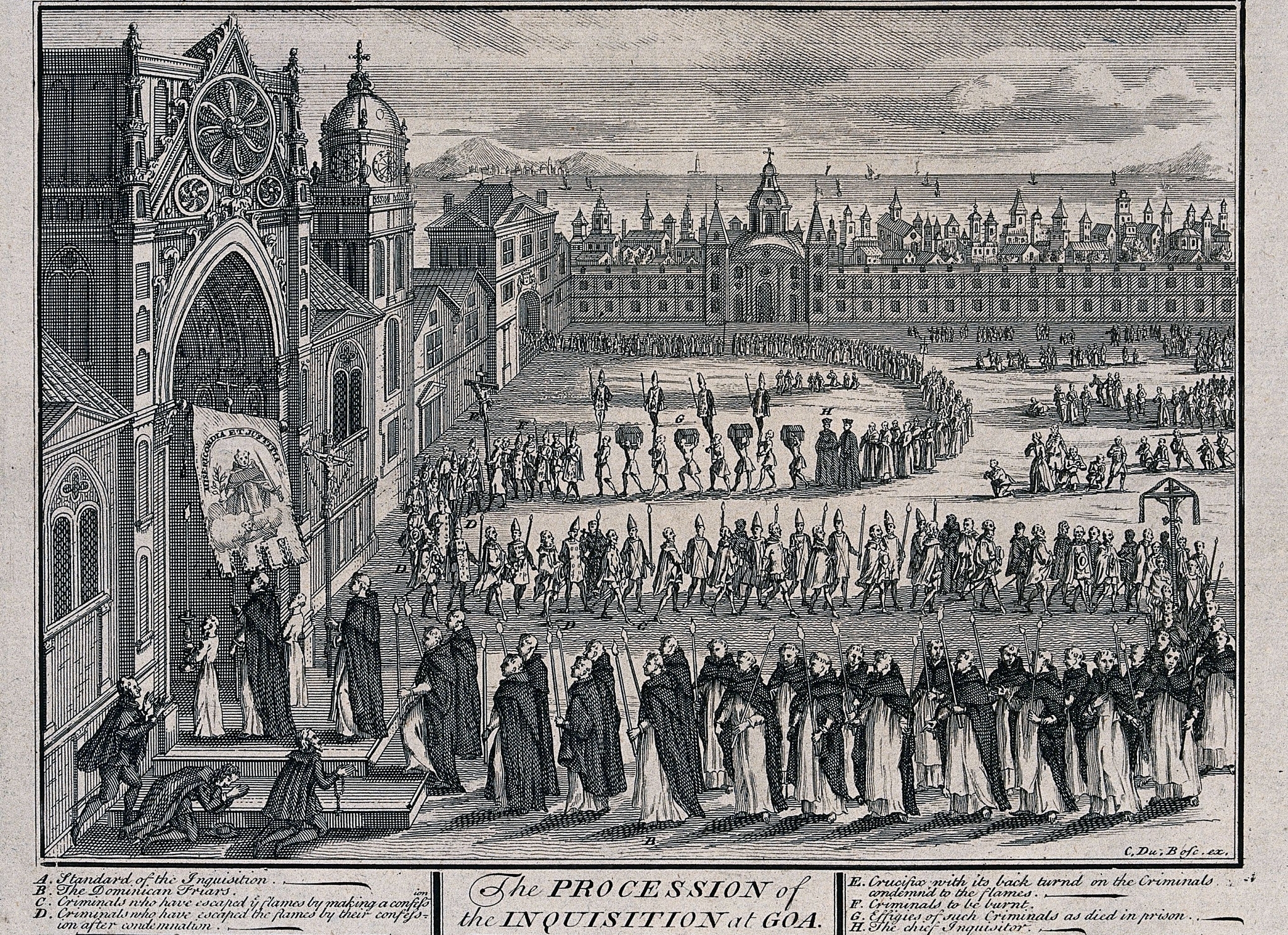News Brief
Budget 2021: Rs 300 Crore For 60th Goa Liberation Anniversary May Finally Bring Attention To Inquisition And Hindu Persecution

The procession of the inquisition of Goa
Finance Minister Nirmala Sitharaman announced today in the budget speech that Goa will be allocated Rs 300 for celebrating the 60th anniversary of the liberation from Portuguese rule.
Goa Liberation Day is observed on 19 December every year. It was liberated in 1961 from around 450 years of Portuguese rule. The day also marked the Indian territory becoming completely free from the European rule.
The Goa liberation movement characterised by revolts and uprisings in the 19th century and non-violent Gandhian methods in the 20th century. By the 1940s, the Goan independence movement had gained momentum along with the broader Indian independence movement.
After Indian independence from the British rule in 1947, Portugal and France refused to cede their colonies. Subsequently, India launched a campaign through the UN to persuade both to leave India peacefully.
Meanwhile, Azad Gomantak Dal, a revolutionary group led by Vishwanath Lawande, Prabhaker Trivikram Vaidya, Narayan Hari Naik, Dattatraya Deshpande, Prabhakar Sinari carried out raids on police stations and factories and attacked troops. they freed Dadra and Nagar Haveli, a part of Goa, through armed action.
The revolutionary acts by Azad Gomantak Dal included second-in-command Prabhaker Vaidya leading a daring attack on the Cuncolim police station and armoury. This ended up being a big success, with Vaidya and his men overpowering the cops and capturing a large cache of weapons.
In addition to these actions, the Satyagraha continued to free Goa from the foreign rule. Nehru, however, buckled under the pressure and denounced the Satyagraha in 1955.
Ultimately, after the Portuguese didn’t respond to diplomacy, Government of India launched a military operation. On 18 and 19 December 1961, Indian troops entered Goa with little resistance and the governor-general of Portuguese India signed an instrument of surrender.
The 60th anniversary of the Liberation Day also brings hope for the native population which suffered immensely under the Portuguese rule. This chapter of Indian history received little attention from the historians of the modern India.
The Portuguese Inquisition of Goa saw brutal persecution of the native population. The Inquisition laws made practice of Hinduism and the use of the Konkani language a criminal offence. The Hindu temples and scriptures were systematically systematically destroyed.
Filippo Sassetti, a traveller and merchant from a Florentine mercantile family who visited Portugese Goa wrote:
"The fathers of the Church forbade the Hindus under terrible penalties the use of their own sacred books, and prevented them from all exercise of their religion. They destroyed their temples, and so harassed and interfered with the people that they abandoned the city in large numbers, refusing to remain any longer in a place where they had no liberty, and were liable to imprisonment, torture and death if they worshipped after their own fashion the gods of their fathers."
While the inquisition formally ended in 1812, discrimination and persecution in various forms continued.
Support Swarajya's 50 Ground Reports Project & Sponsor A Story
Every general election Swarajya does a 50 ground reports project.
Aimed only at serious readers and those who appreciate the nuances of political undercurrents, the project provides a sense of India's electoral landscape. As you know, these reports are produced after considerable investment of travel, time and effort on the ground.
This time too we've kicked off the project in style and have covered over 30 constituencies already. If you're someone who appreciates such work and have enjoyed our coverage please consider sponsoring a ground report for just Rs 2999 to Rs 19,999 - it goes a long way in helping us produce more quality reportage.
You can also back this project by becoming a subscriber for as little as Rs 999 - so do click on this links and choose a plan that suits you and back us.
Click below to contribute.
Latest